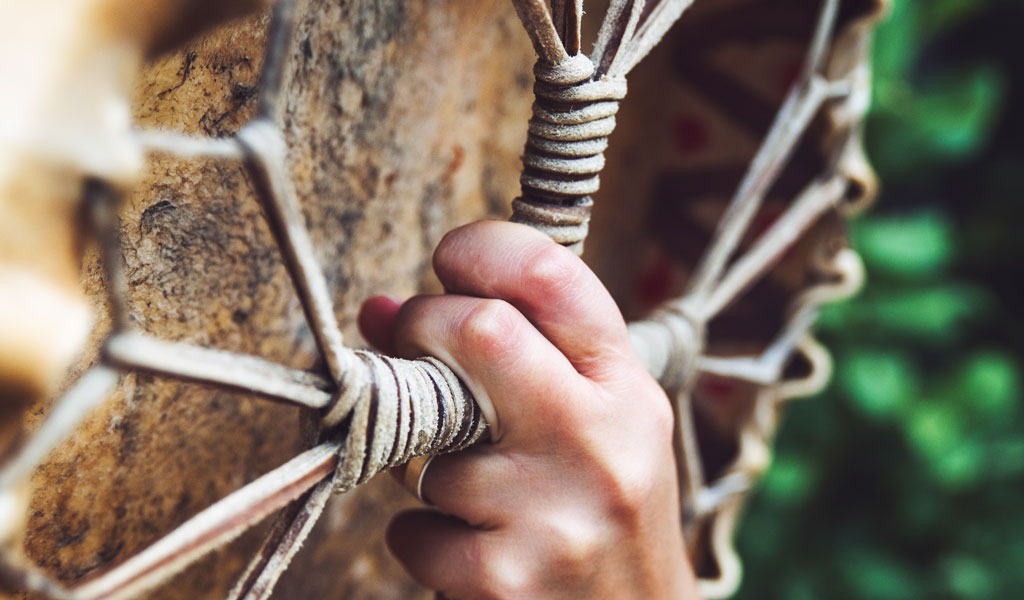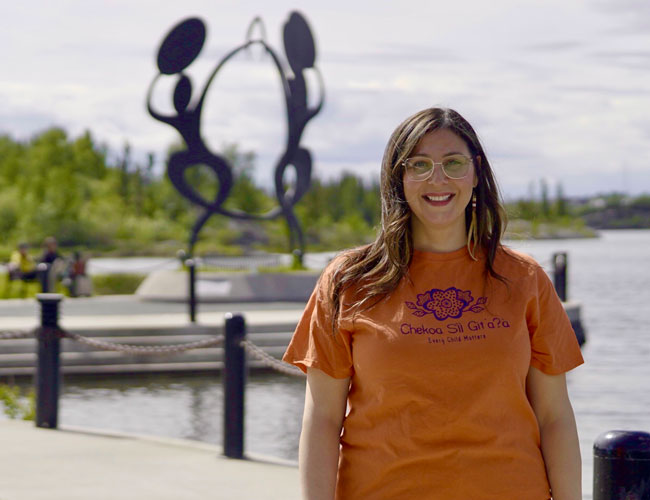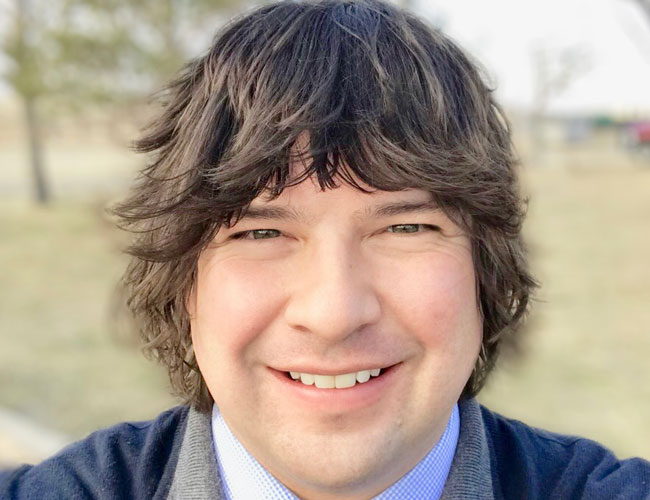
June 21 marks National Indigenous Peoples Day – a time to recognize and celebrate the history, heritage, resilience and diversity of First Nations, Inuit and Métis across Canada.
Here at Yorkville University, we’re marking this important day of recognition by committing to continuing to learn and uncover the important contributions Indigenous peoples have made and continue to make to Canadian society.
To those ends, we’ve asked some of the members of our Indigenous Students Advisory Council (ISAC) to share a little bit about themselves, as well as their reflections on National Indigenous Peoples Day and what it means to them.
Here’s what they had to say:

Janell Dautel
Janell Dautel is a Metis student from Dënéndeh (Yellowknife, Northwest Territories) currently studying in the Master of Arts in Counselling Psychology program.
What does National Indigenous Peoples Day mean to you?
National Indigenous Day allows all Canadians to learn more about our history, language and culture. To me, bringing forward this awareness is significant and a day of celebration and acknowledgement towards the diverse indigenous groups in Dënéndeh. A day of reconciliation where all peoples can take action by coming together with mutual respect to recognize the beauty and continued contributions of all Indigenous people and take pride in who we are. My identity is based on being Metis (Tłı̨chǫ and Gwich’in), and on Indigenous Day, I get to take part in proudly celebrating my Indigenous heritage.
How do you celebrate National Indigenous Peoples Day?
I look forward to celebrating Indigenous Day by volunteering at a fish fry celebration and a stage show showcasing cultural performers at Somba K’e Civic Plaza in Yellowknife with my indigenous organization, the North Slave Metis Alliance. I always enjoy how many people attend the celebration and how they take part in the opportunity to celebrate the knowing and being of our people.
Share a fun fact about your community and/or culture.
An interesting fact about my Dene culture is the profound symbolism and significance of the Dene drum and drum dances. Drum dances are a traditional time of excitement and happiness when people unite in unity and togetherness. Some believe that the beating of the drum represents a beating heart. In the Dene tradition, drum songs and prayers mark the opening and closing of special events. Communities across Dënéndeh continue to hold drum dances to celebrate special occasions.

Aaron Fox
Aaron Fox (he/him) is a member of the Kainai (Blood) tribe, located in the southwest corner of Alberta in Treaty 7 territory, the traditional and ancestral lands of the Blackfoot Confederacy. He is a recent graduate of the Master of Arts in Counselling Psychology program.
What does National Indigenous Day mean to you?
National Indigenous Peoples Day carries a variety of meaning and feelings to me. On one hand, it brings to mind the struggles, trials, and hardships that Indigenous people across the country have, and still do experience because of colonialism and continuing government policy. Alternately, this day also highlights and celebrates the cultural diversity, history, resiliency, and perseverance of all Indigenous members in Canada, and provides an opportunity for recognition of and pride in Indigenous culture.
How do you celebrate National Indigenous Peoples Day?
Personally, I have found that the best way to celebrate this day involves a self-evaluation that includes a somber recognition of past events, appreciation of present resilience, and a commitment to fostering an improved future. This process is usually accomplished with time spent in nature and in the mountains of my traditional lands, as well as with close and extended family members during community, tribal, and family events. However, it is also a process that permeates my life throughout the year.
Share a fun fact about your community and/or culture.
A fun fact about the Kainai people is their belief that everything in this world has a spirit, both the animate and inanimate, and instances of this can be found throughout the Blackfoot language. For example, the word for “table” is translated as “the place where we eat” in Blackfoot.






